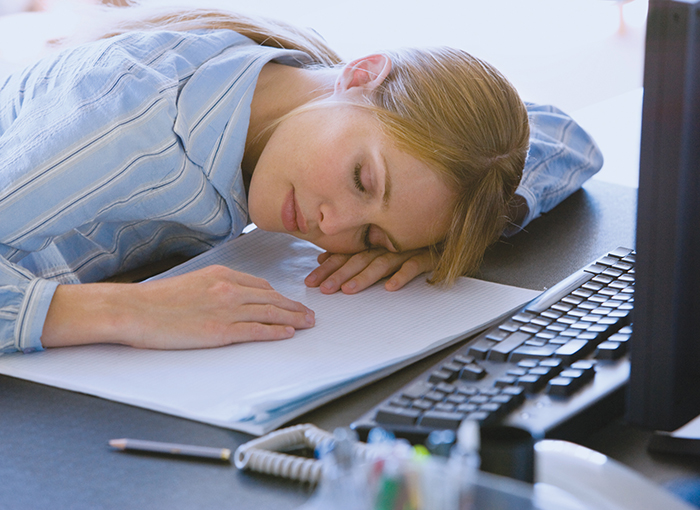Whether your lack of sleep results from a busy lifestyle, caring for a young child, proclivity to Netflix marathons, or run-of-the mill, stare-at-the-clock insomnia, it may be affecting your health more than you realize.
Sleep is inarguably a foundation of health. During those precious hours counting Zs, our body is busy undergoing immune system repair, building muscle tissue, consolidating memories and learned tasks, and balancing a network of hormone signaling. Recent studies have even linked variable sleep patterns to an increased risk of cancer.
Despite how important it is to health, the truth is most of us are not getting enough sleep! Studies estimate that 60% of adults have sleep issues, with only about 1/3 getting the recommended seven-to-nine hours of sleep per night. Why aren’t we listening to our bodies and getting to sleep?
Sleep signaling and the body’s circadian rhythm are fairly simple systems. Exposure to light helps to establish a rhythm recognizing night and day.
If we throw off this light exposure, specifically with late night exposure to light in the blue spectrum, the signaling pathway is disrupted and sleep becomes more difficult. Along with light exposure, consumption of caffeine, drinking alcohol, and late-night eating can all negatively impact the ability to fall and stay asleep.
But the biggest culprit in sleep disturbance isn’t caffeine, computers, or Coors Light – it is stress. Stress accounts for up to 50% of all sleep-disturbance issues, making stress reduction a primary treatment consideration for any with sleep issues.
If you are committed to getting seven-to-nine hours of sleep per night, but are struggling to fall asleep or stay asleep, there are a number of strategies and therapies available to help.
- Eliminate exposure to screens one or two hours before bed (no TV in the bedroom).
- Ensure your room is completely dark. Eliminate all sources of blue or white light
- Go to bed and get up at the same time everyday.
- Have one cup of valerian root, chamomile, or passionflower tea two hours before bed.
- Use 1-3 mg. of melatonin 30 minutes to one hour before bed.
There is no substitute for healthy eating, exercise, and adequate quality sleep. Eat clean, move more, and sleep well!







